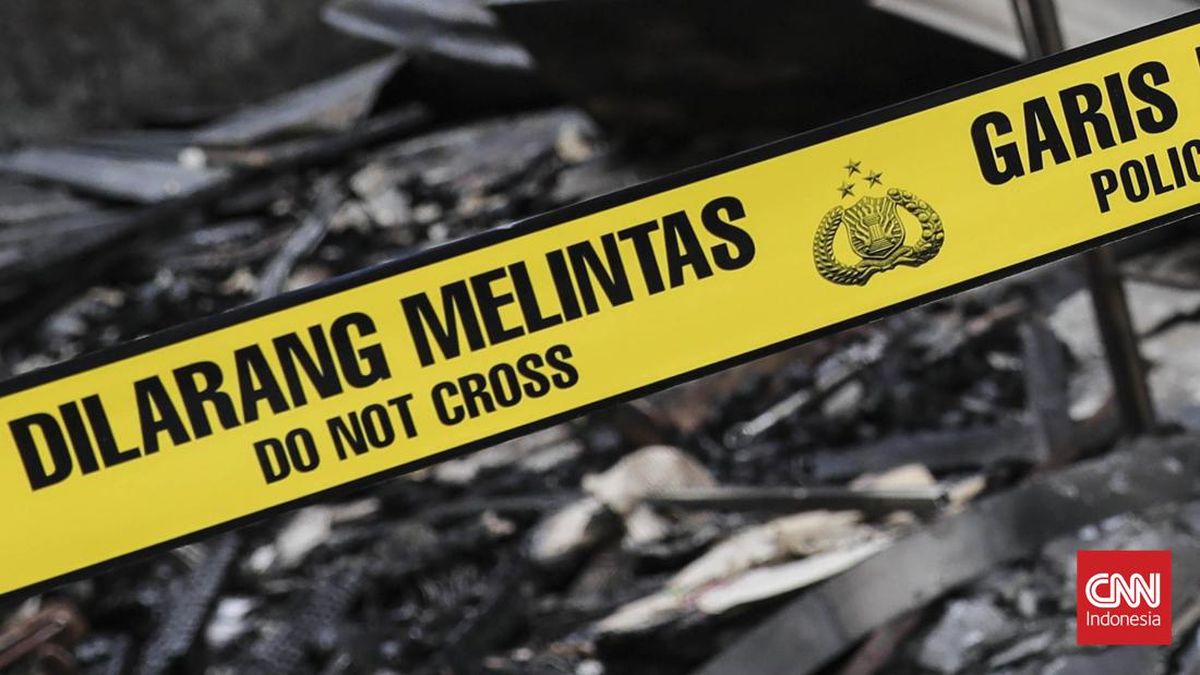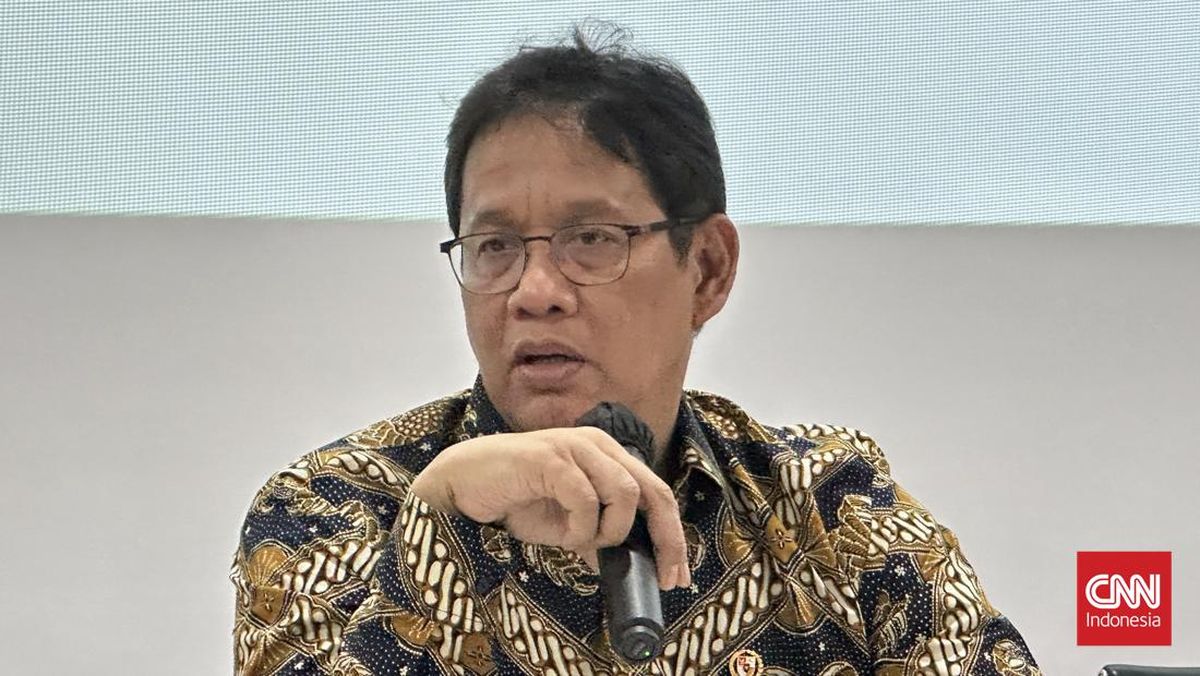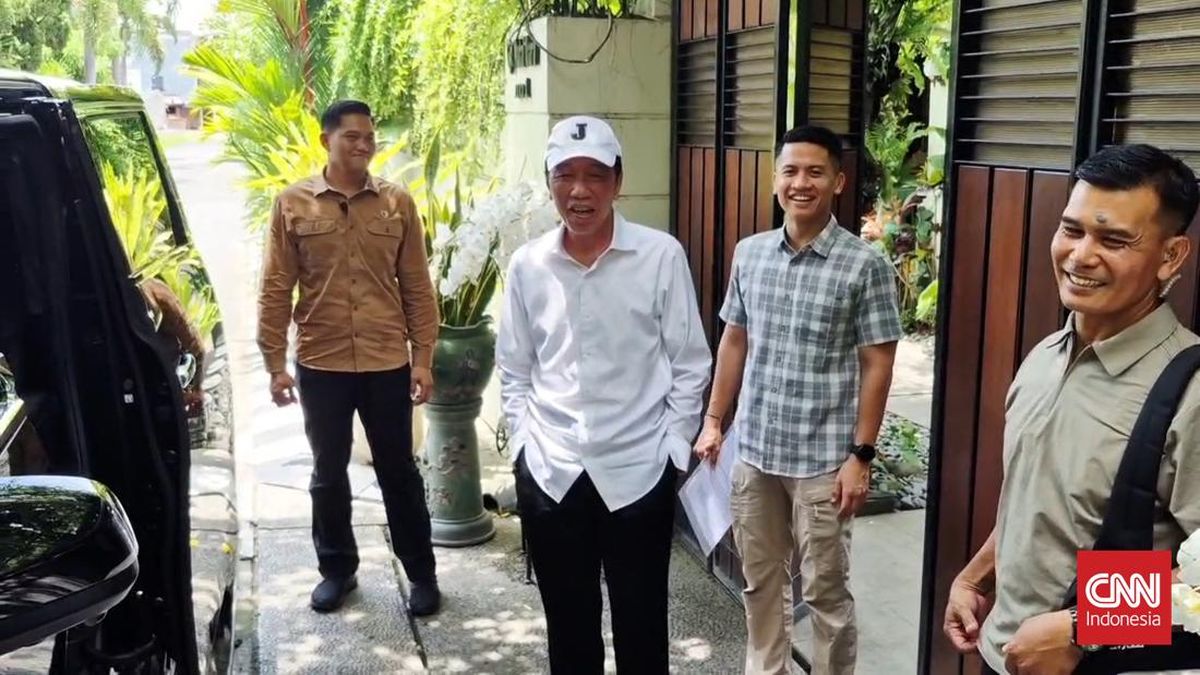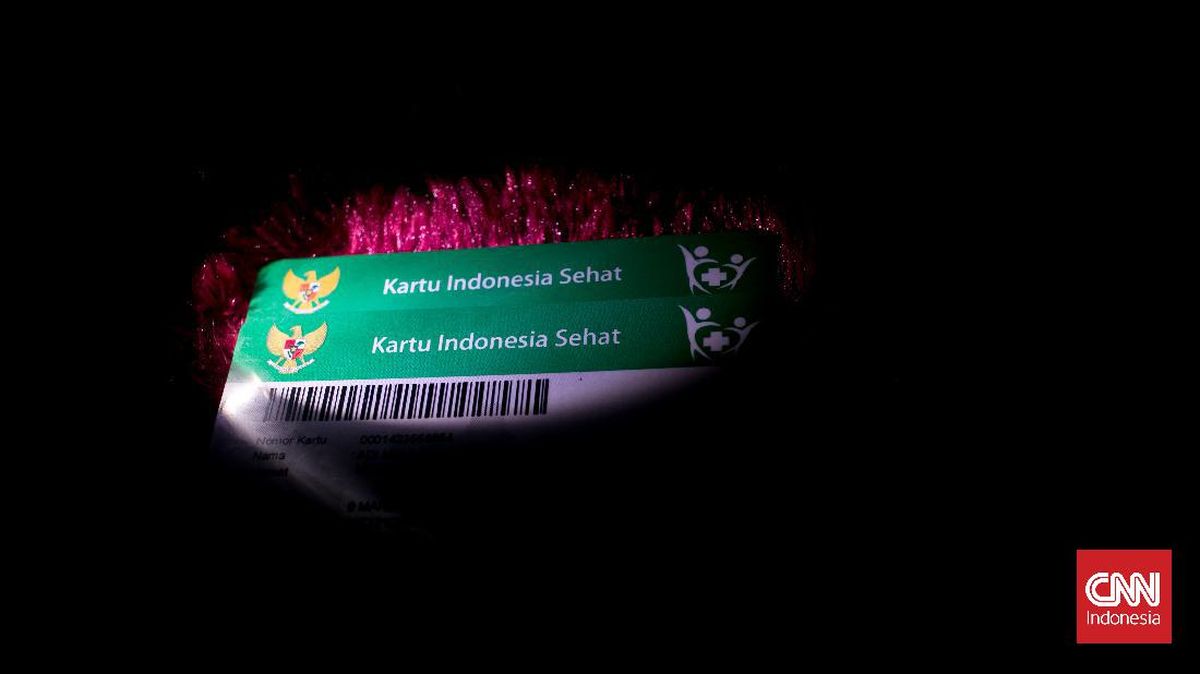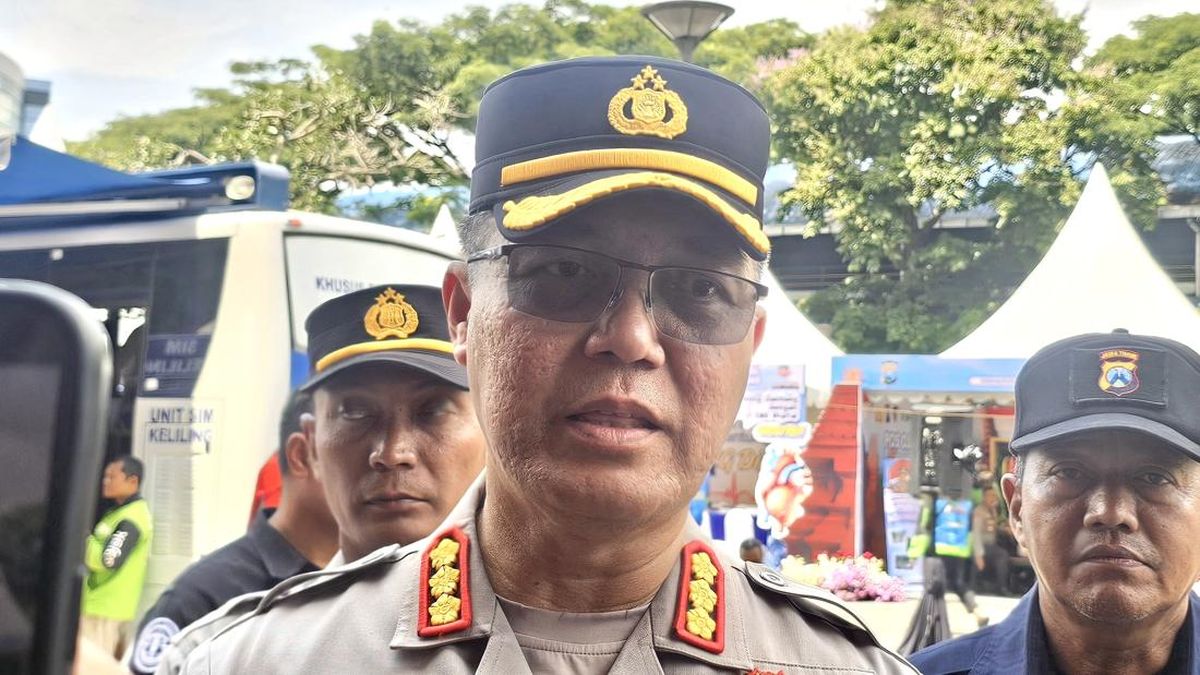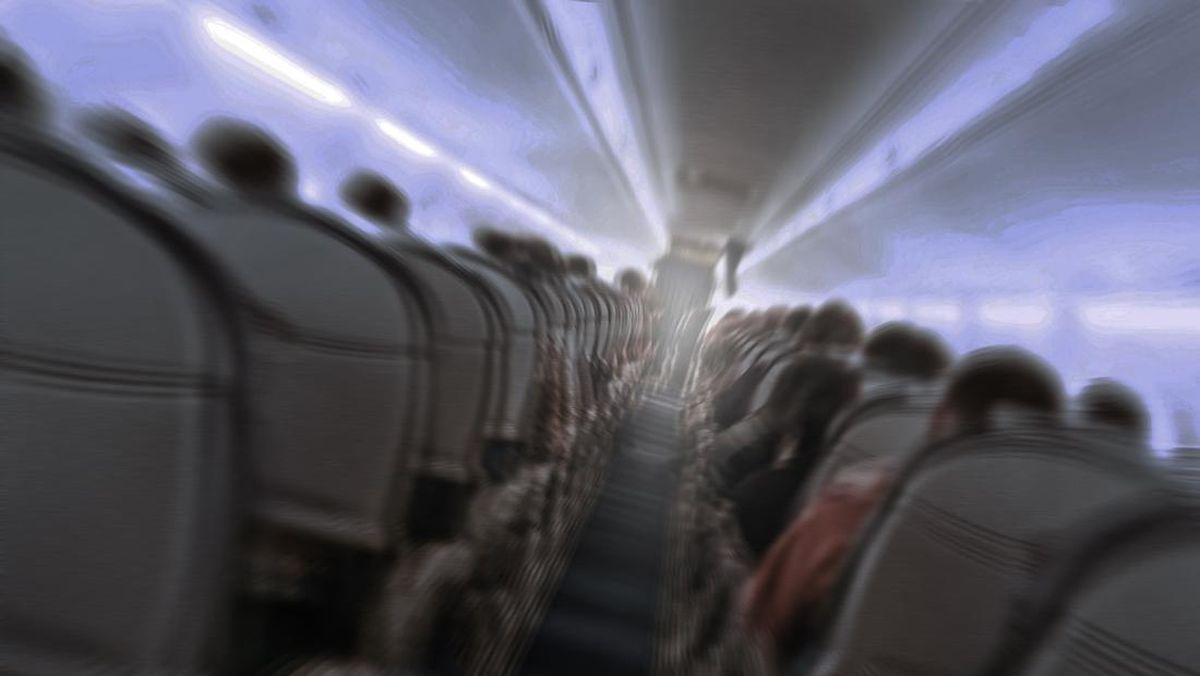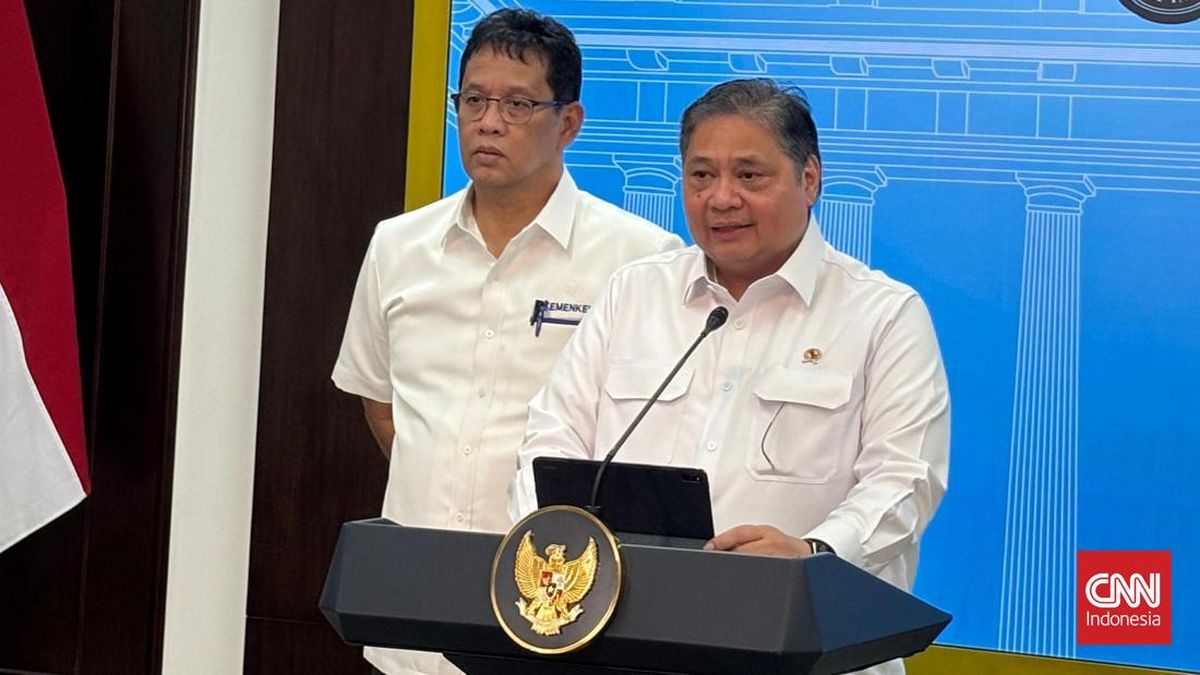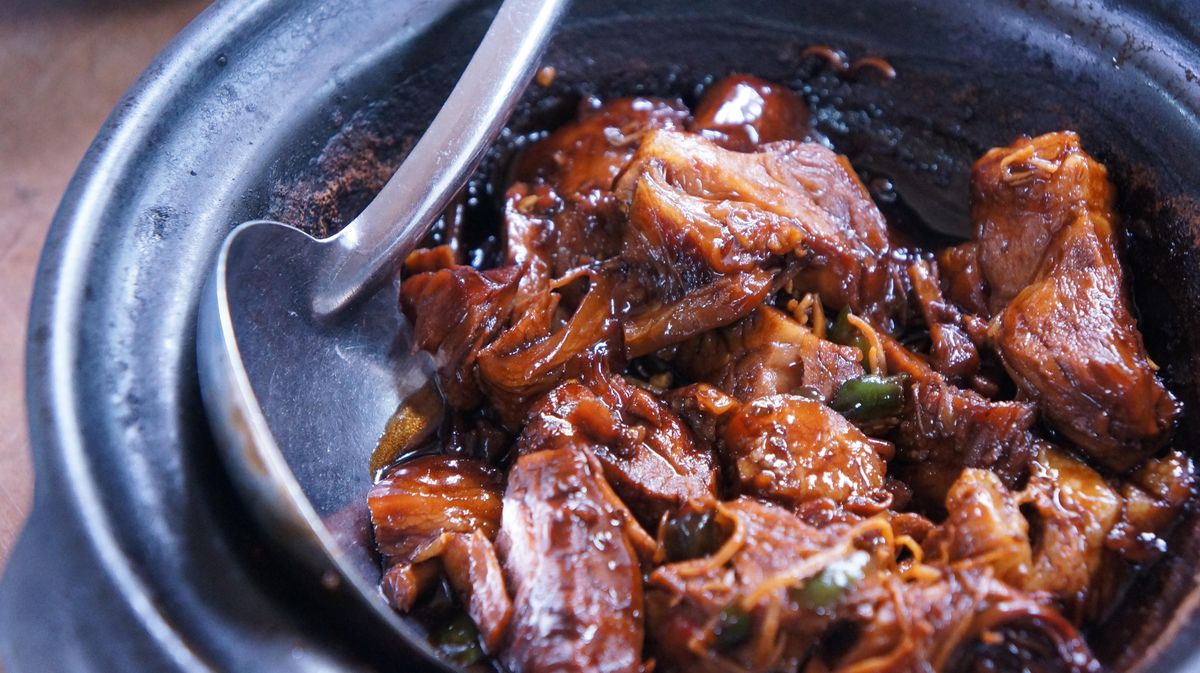With the Trump administration's bid to deploy National Guard troops in Illinois still on hold amid a court battle, the Supreme Court is asking for more information from both sides, pushing back any decision by the nation's highest court until at least mid-November.
The Trump administration earlier this month asked the Supreme Court to lift a temporary restraining order issued by a federal judge in Chicago, blocking any troop deployment in Illinois.
The state of Illinois and city of Chicago have challenged the planned National Guard deployment as illegal, and the Supreme Court on Wednesday asked both sides to file briefs answering the question of "whether the term 'regular forces' refers to the regular forces of the United States military, and, if so, how that interpretation affects the operation" of Title 10, Section 12406 of the U.S. Code.
The president invoked Title 10 to federalize National Guard troops to protect immigration personnel and government facilities in Illinois, following protests against the administration's immigration agenda. The law allows the president to call the members of any state's National Guard into federal service if there is a "rebellion or danger of a rebellion" against the U.S. government, or if the president "is unable with the regular forces to execute the laws of the United States."
The Trump administration has argued that protests against the ongoing immigration enforcement effort in Chicago satisfy those conditions, and have also said violence targeting federal authorities and property in Illinois in recent weeks constitutes a "rebellion or danger of rebellion."
The Supreme Court is seeking more information from both sides on their interpretation of Title 10 before it decides whether to intervene. The justices have given both sides until Nov. 10 to file their initial briefs and until Nov. 17 to file any reply briefs, meaning any decision from the Supreme Court likely won't happen before Nov. 17.
Last week, U.S. District Judge April Perry agreed to keep her restraining order blocking the Trump administration from deploying National Guard troops in Illinois in place indefinitely, as the Supreme Court weighs the Trump administration's challenge to her order.
That means the Trump administration's attempt to deploy National Guard troops in Illinois will remain blocked until either the Supreme Court grants the president's request to allow the troop deployment, or Perry makes a final ruling on the merits of the lawsuit challenging the president's authority to deploy the National Guard.
The decision stems from a lawsuit the city and state filed against the Trump administration, challenging the president's authority to deploy troops in Illinois.
Attorneys for the city and state have asked the Supreme Court to continue to block the deployment, calling it a "dramatic step."

